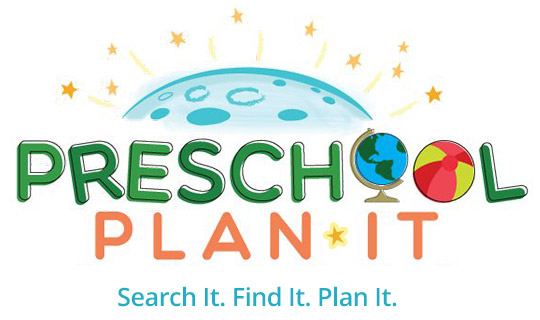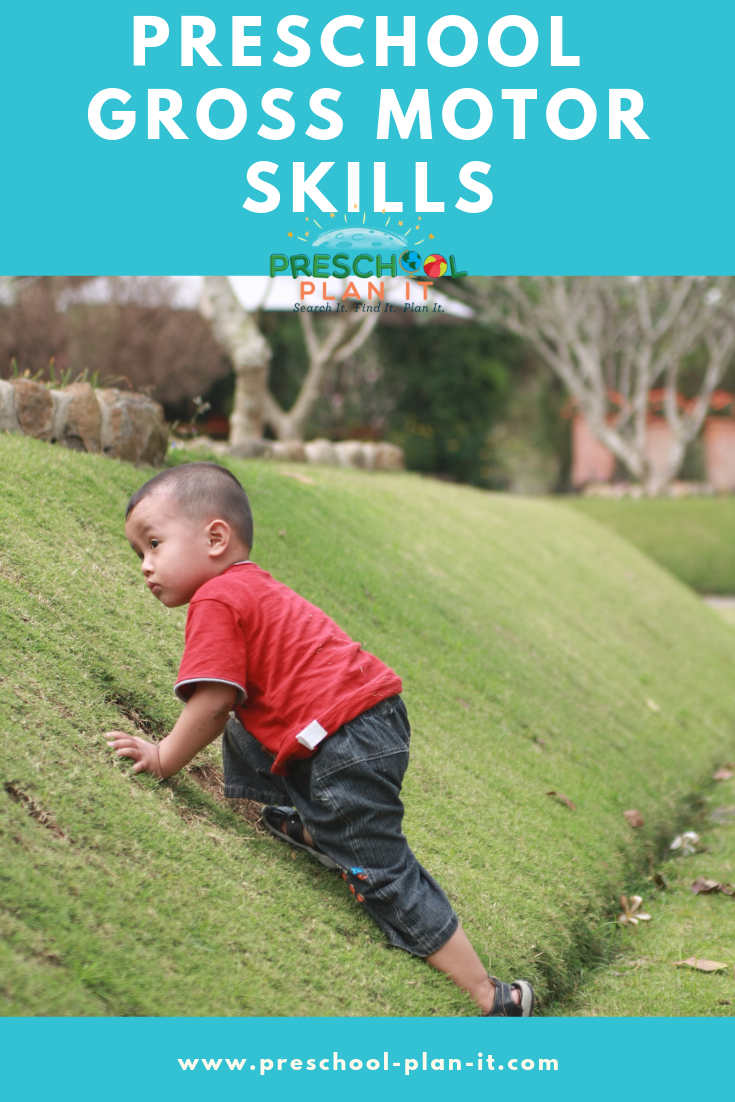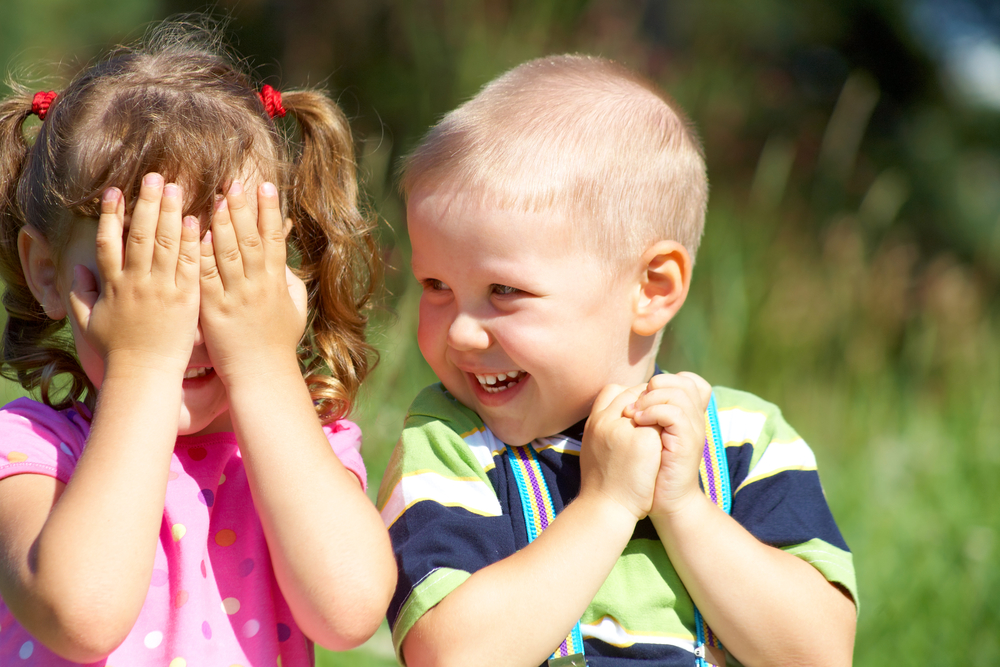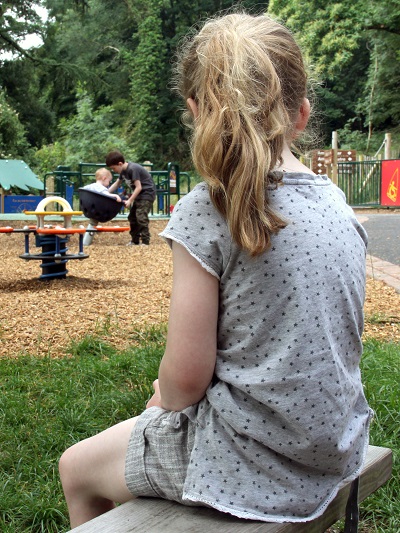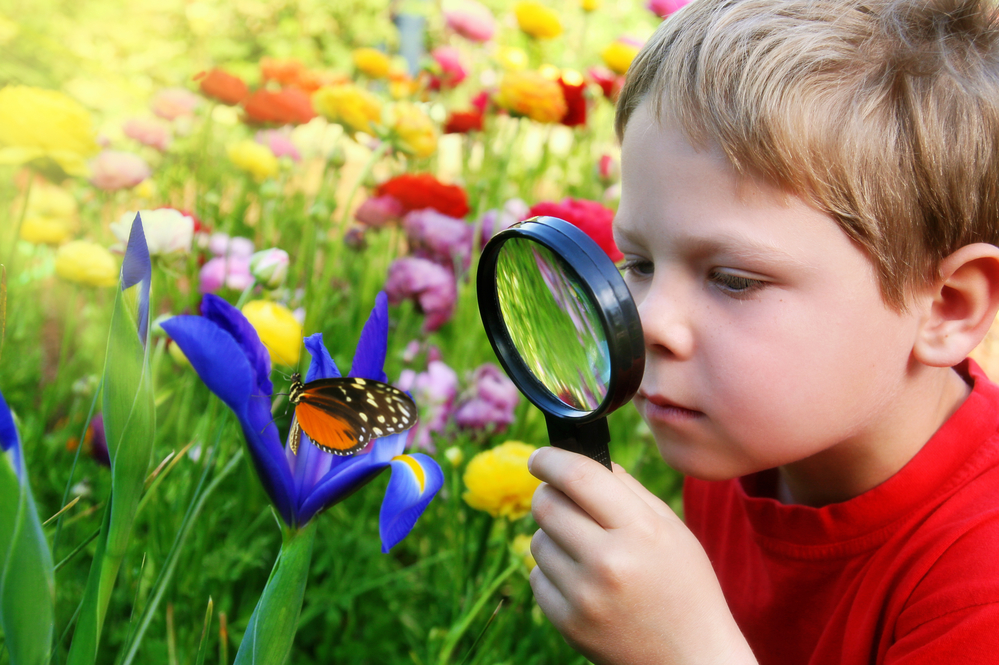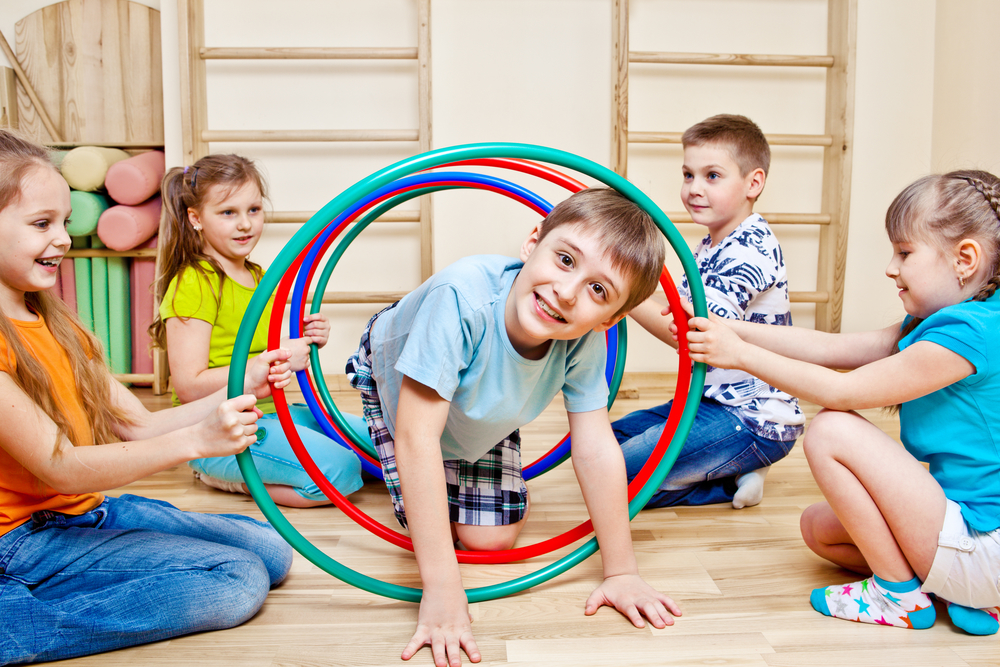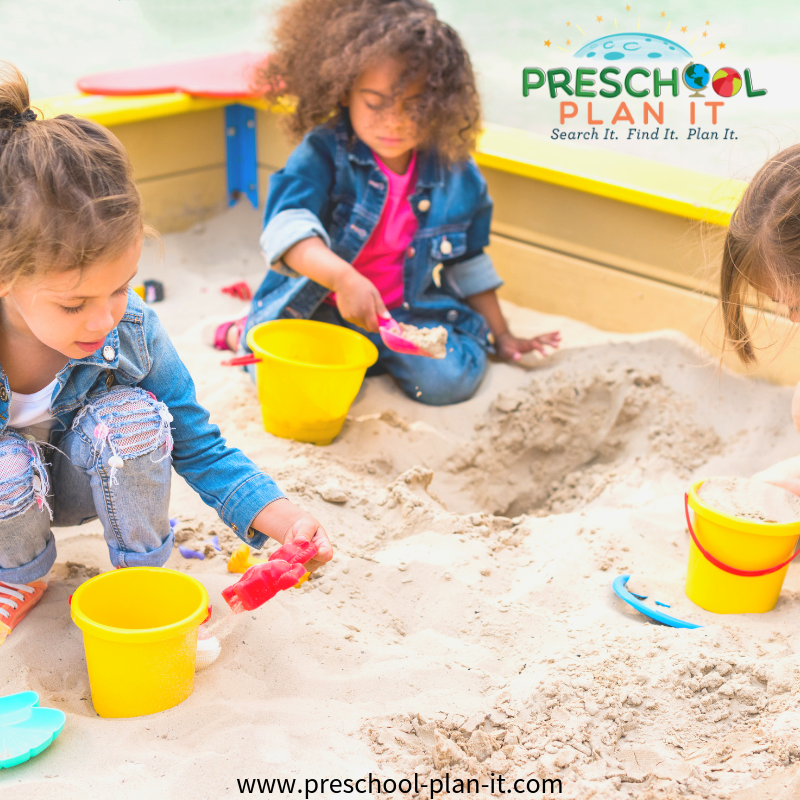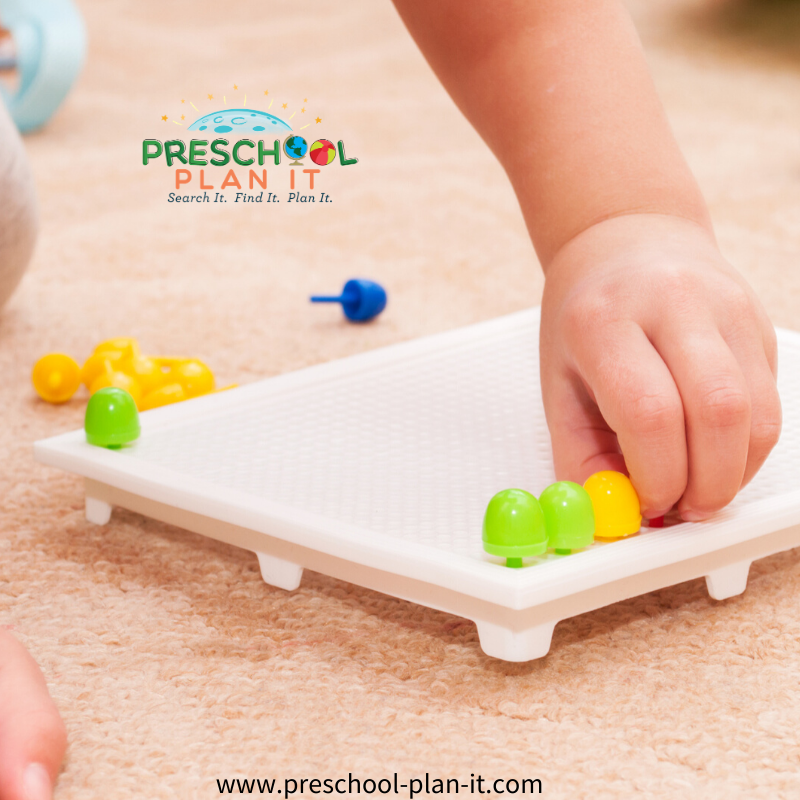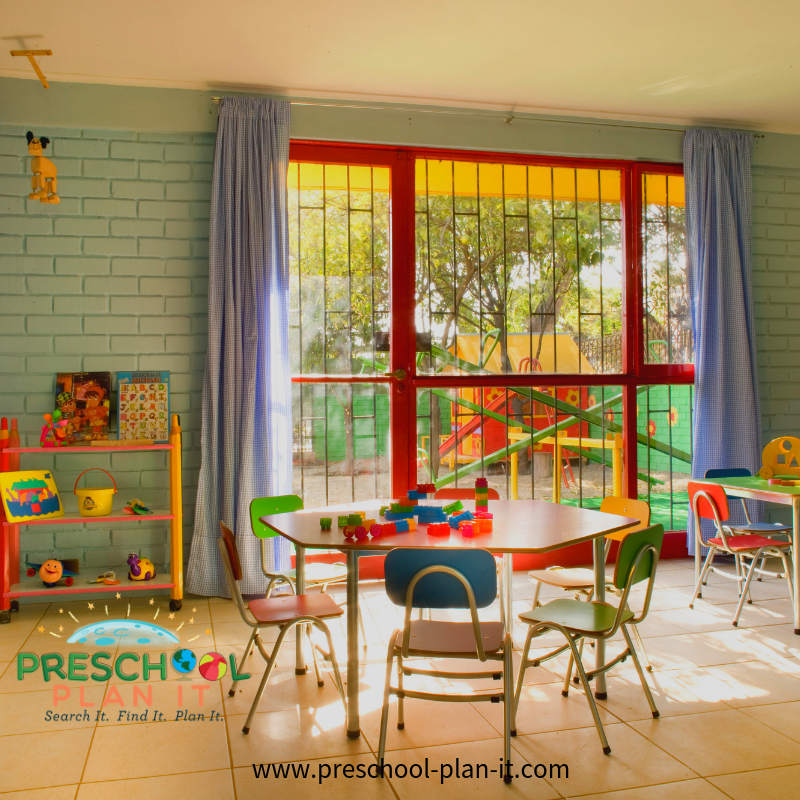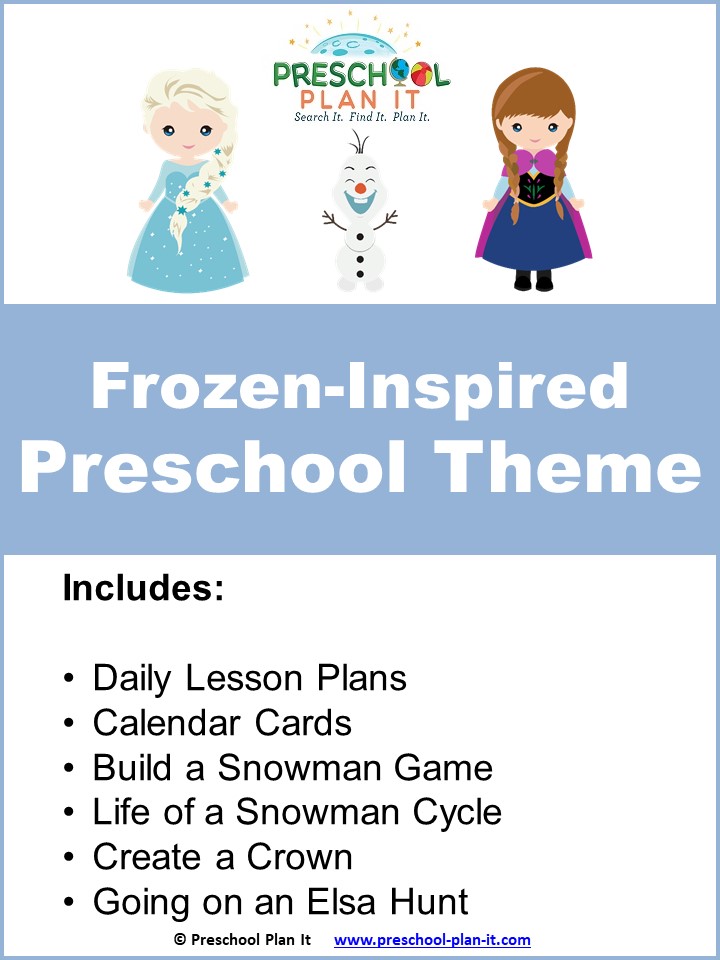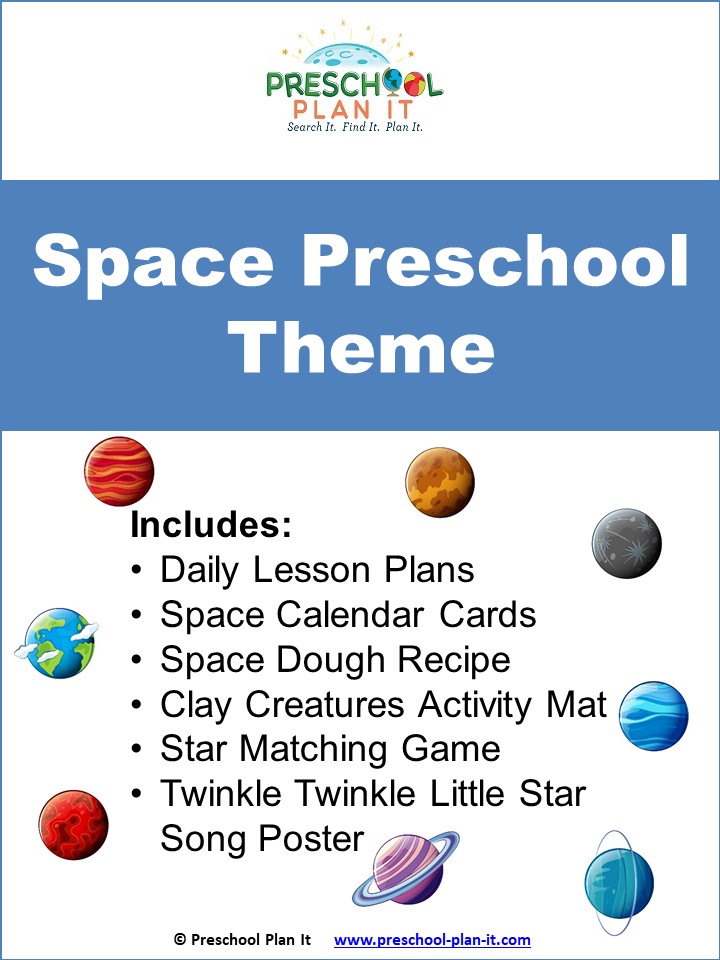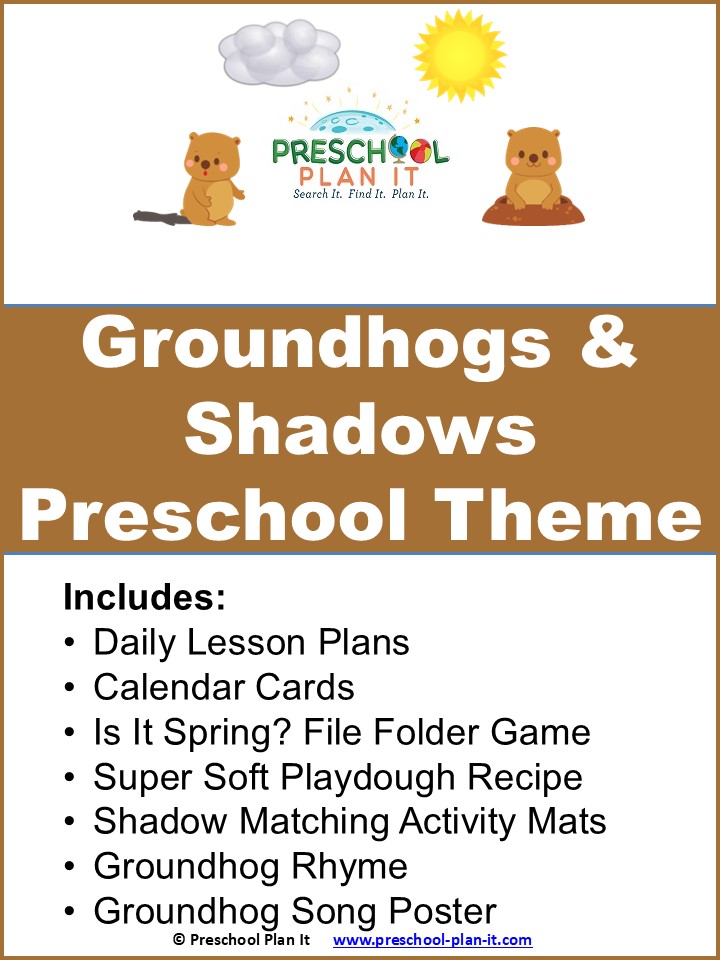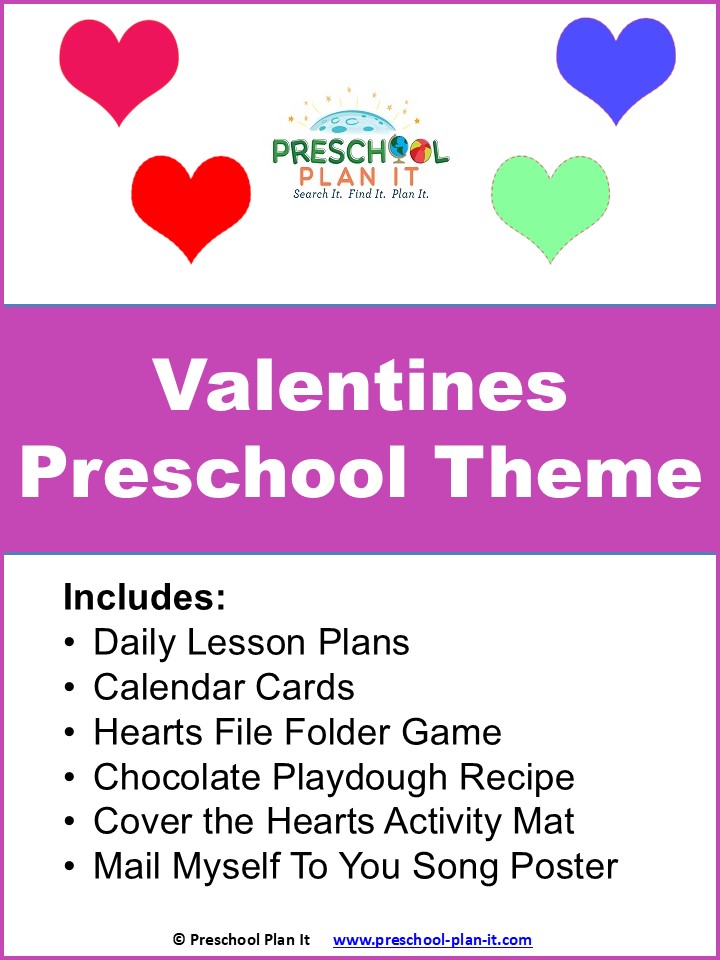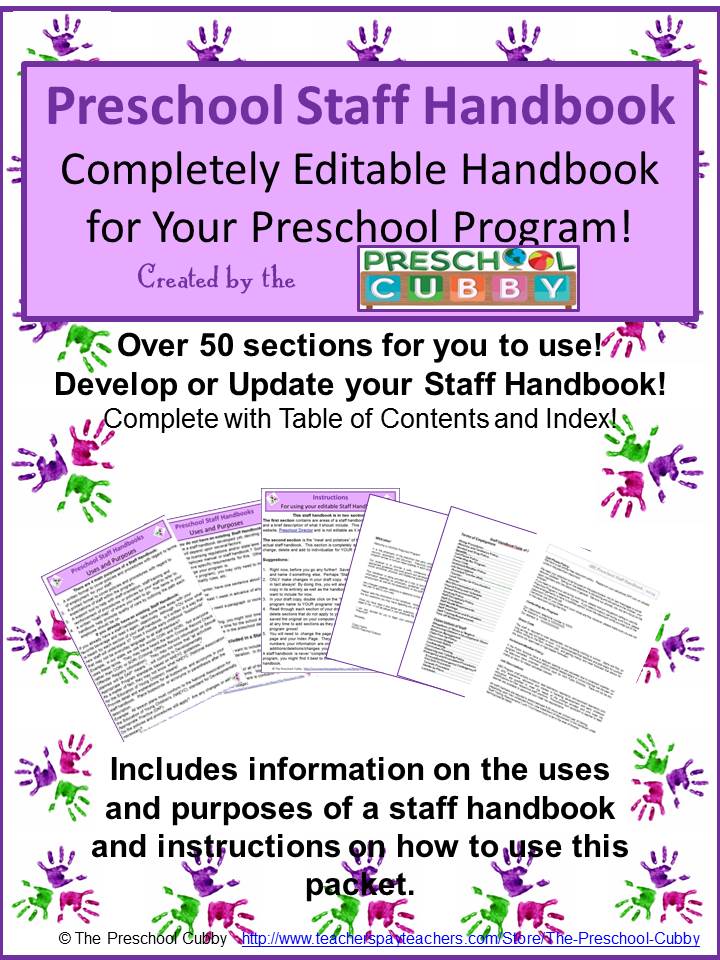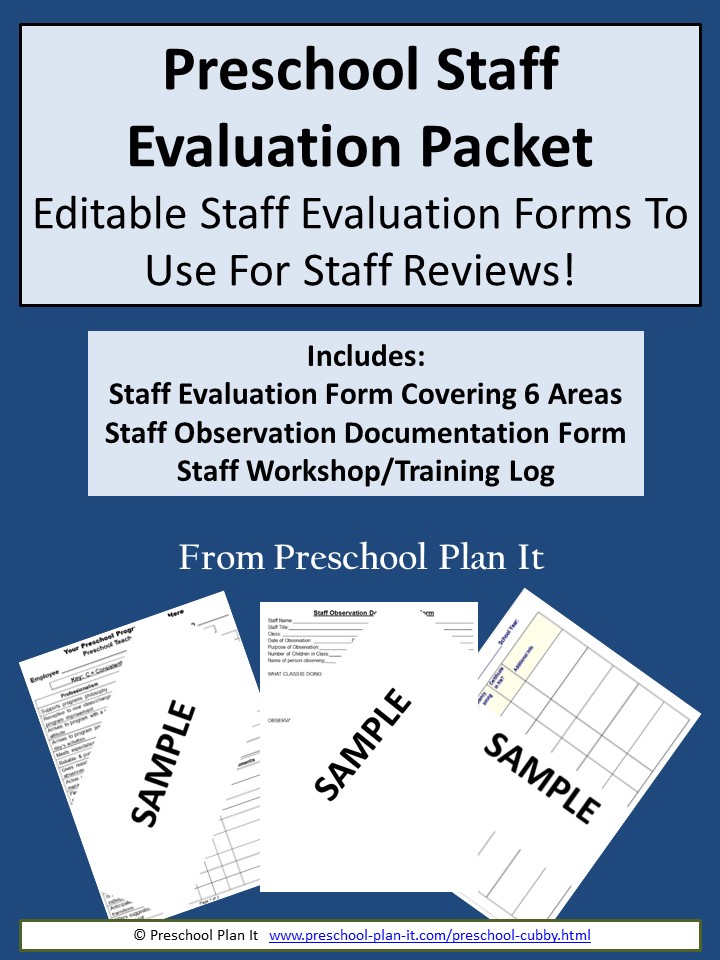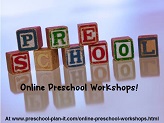- Theme Packs
- Themes
-
Preschool Planning
- Preschool Teachers
Preschool Gross Motor Skills

There are many preschool gross motor skills developed when preschoolers are involved in both indoor and outdoor activities.
Gross motor skills, also called large motor or large muscle skills, are skills that help the growth and development of our preschoolers’ large muscles.
Preschool physical development includes motor activities will develop either fine (small) muscle/motor and/or gross (large) muscle & motor skills.
Although we typically think of the development of the large muscles when discussing gross motor activities, let’s remember that gross motor development is foundational to the development of preschoolers’ small muscles!
Once children have control over the larger muscles in their hands, for example, they will then begin developing more control over the smaller muscles in their fingers.
Having control over these small muscles are what they need before they can print.
This means that gross motor development is an important pre-writing skill!
We can promote gross motor development by providing preschoolers with access to materials that encourage the use of these skills.
Knowing the gross motor skills to focus on in preschool will help you to plan activities and provide materials to support their gross motor development.
Let’s look at these preschool gross motor skills and learning objectives!
Overview of Preschool Gross Motor Skills
The basic preschool gross motor skills, or learning objectives, cover more than physical development.
They also cover social and emotional development and other areas of developmental frameworks such as:
• Approaches To Learning
• Social and Emotional Development
• Scientific Knowledge and Skills
• Mathematical Knowledge & Skills
Let’s look more closely at these areas.
Physical Development
There are many physical preschool gross motor skills that develop during gross motor play such as:
- Developing large muscle coordination through activities that allow for pulling, throwing, catching and kicking.
- Developing travelling skills and loco motor skills to maneuver in their environment and in a large group.
- Developing muscle control and balancing skills through activities such as walking, skipping, running, climbing, reaching, etc.
- Developing eye-hand coordination
Approaches To Learning
In many frameworks developed by states, programs or countries, Approaches To Learning was added as a sub-domain.
The purpose is to further define this social, emotional and cognitive area rather than leave under the umbrella of social or cognitive development.
Observing a preschooler's approach to learning helps us to understand the behaviors and skills a child uses to engage in their learning.
With regard to gross motor activities, we can observe children as they decide to join in and cooperate with others in play and learning (a common Approach To Learning objective) during a gross motor activity.
Some children are more comfortable joining others who are involved in more passive activities such as painting or working on puzzles. Some will join others in active block play.
Does the child feel comfortable entering an already established gross motor game such as a parachute game (link to parachute review page) or join their peers who are running around pretending to get away from the Big, Bad Wolf?
Gross motor play, where the other children are very active, may not be a type of activity a child is comfortable joining or they may not know how to enter into this type of active play.
Why?
They may not have experience in large groups outside of a school setting.
Observing this in your preschoolers will help you observe where each child is comfortable and allow you to provide them with some tools to join in!
Those tools may be the language skills to talk to a larger group of children to join in the play or it may be to give them more experience using a parachute or ball so they feel confident joining the activity.
Scientific Knowledge & Skills
Preschool gross motor skills help support science learning as well.
When they are using tools in the sandbox, digging dirt, running in the grass or walking on gravel- they are developing their observation and inquiry skills about the world around them.
They are making predictions as they explore. For example, when rolling down a hill, they may ask themselves or their peers:
"How fast can I roll down this hill?"
"Why does the grass feel itchy (or soft or pokey!)?"
"Why is the grass dry now but it was wet this morning?"
Mathematical Knowledge and Skills
Developing math knowledge and skills may also be supported during gross motor play.
Drawing on the ground with chalk not only helps preschoolers develop their hands, arms, legs and backs- it also develops math skills as they discuss the size of a circle they drew, for example, or by printing numbers inside a hopscotch game or by tossing and counting bean bags that they toss across the play area.
Preschool Gross Motor Skills Summary
The above are just a few of the learning areas that are supported as preschoolers participate in gross motor activities.
Gross motor skills are also strengthened and developed through creative arts, music & movement and dramatic play. Their language development is increased as they participate in gross motor games with their peers.
As you can see, providing large/gross motor activities does far more for the development of your preschoolers than only developing their large muscles!
Planning Activities to Promote Preschool Gross Motor Skills
On the 1st of each month, I email a preschool theme starter pack to the subscribers of my free Preschool Teaching Tips email community. In that downloadable PDF, I list several themed gross motor activity ideas to do with your preschoolers. If you are not signed up yet, you should be! Click here to sign up!
Want even more ideas? I create daily activities that help promote the development of preschool gross motor skills in your children for members of my Preschool Cubby membership program (you can learn more about that program here).
Other Pages You May Be Interested In:


Hey there! Welcome to Preschool Plan It! I’m Cheryl, a preschool teacher of over 20 years.
I KNOW, I know, you spend hours of time developing your preschool themes, activities and preschool lesson plans each week. You are commited to planning preschool themes and activities that are engaging hands-on, interactive, fun AND meet the goal of supporting each child’s level of growth and development.
I am commited to providing you, the preschool teacher, with everything you need to develop preschool lesson plans and preschool activities for your classroom all in one place!
READ MORE
Join My Free Preschool Teacher Tips Newsletter
You’ll receive a weekly email with planning tips and teaching ideas.
You'll also receive (on the 1st of each month) a free theme starter pack with some printables and activity ideas to get you started planning a theme!Join Now and Get Your First Theme Right Away!
© Copyright 2010-2025 Preschool-Plan-It.com | All Rights Reserved | Privacy Policy & Disclaimer
- Preschool Teachers
